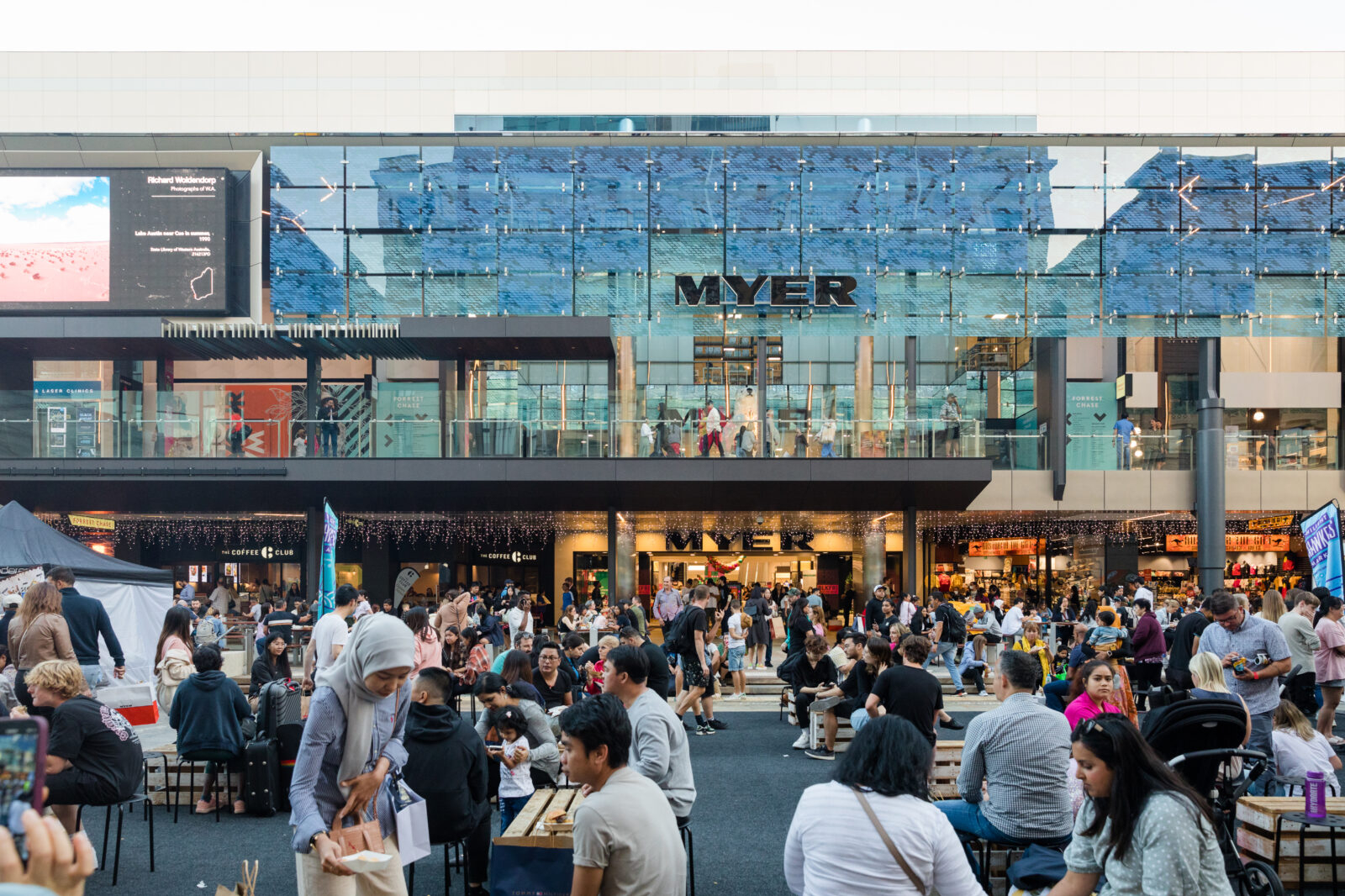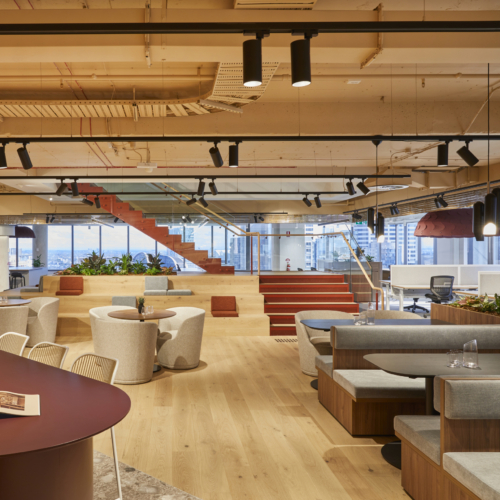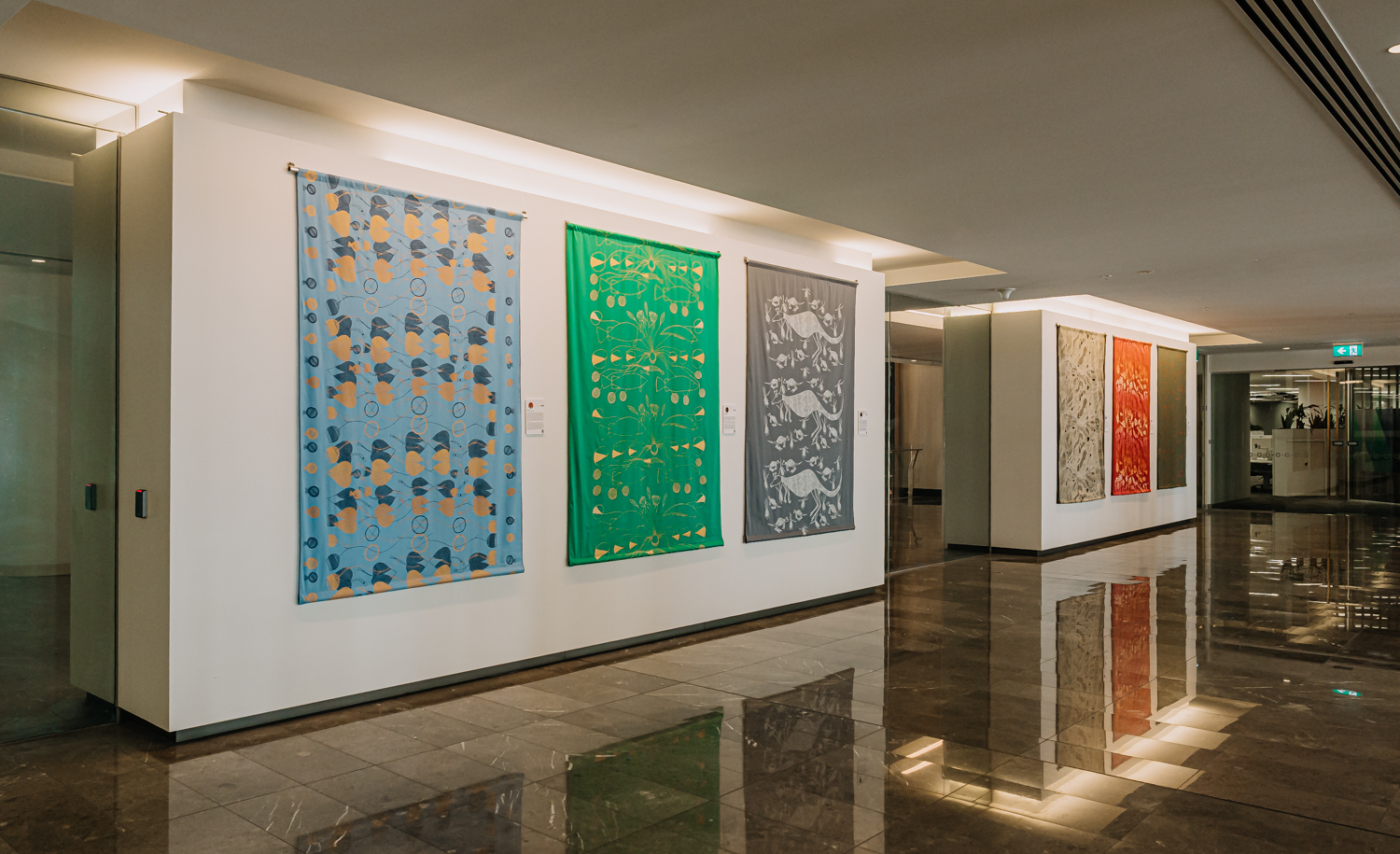Retail Recap 2022: It’s official, the bricks and mortar store is here to stay

Sam Curry heads up ISPT’s retail investment and leasing teams and oversees a diverse portfolio of around 70 properties across Australia. He shares his thoughts on the year that was, and what’s ahead for retail in 2023.
How would you describe 2022 in the retail sector?
I would call 2022 a recovery and transitional year.
The last few years created a lot of pent-up demand in the retail space, which transitioned into sales in 2022, to the point where community spending is almost back to pre-covid levels. We had a particularly strong December, with footfall up 13% from December 2021. So while people and communities had to adapt to an online world, last year‘s transition confirmed what we’ve always known – people still like to connect, shop and socialise in a physical space.
Our retail neighbourhood fund, IRAPT, had a FY2022 net total return of 17.5% demonstrating the resilience of convenient based community neighbourhood centres, trading from strength to strength.
How has the recovery affected different retail markets?
Our sub-regional and neighbourhood centres enjoyed healthy sales and footfall during the past year, whereas CBD’s have remained a little sluggish, and there are a few reasons for that. One is the shift towards more flexibility for office workers. Obviously, this changed radically during the pandemic and it looks like that increased flexibility is here to stay. So, while office workers have returned to their traditional work spaces, it’s no longer 5 days per week.
The other factor impacting CBD sales is university students haven’t returned in force. Online learning is still prominent, however we expect face-to-face learning to rebound in 2023 when the university year officially starts and we see a bigger influx of overseas students. The opening up of China’s borders, a softening of their stance on Covid-19 and the directive to return to on-campus overseas institutions will bring some of that trade back.
How is ISPT dealing with the challenges in retail?
One of the biggest challenges facing the entire retail sector right now is labour shortages, and we’ve seen a few instances where retailers have completed fit outs and are ready to trade, but struggled to find staff for their stores to open. ISPT has been working well with our retailers to support these challenges. We expect this will improve through 2023 when overseas workers and university students return to fill this labour shortage gap.
What’s in store for retail in 2023
Despite the challenges of staff shortages and margin pressure, ISPT’s retailers are positive about opening bricks and mortar stores across our portfolio. In fact, they’ve told us online-only selling streams just don’t have the same growth. Bricks and mortar stores are still highly valued by customers and the community and most people still want to shop instore. To get the best performance and brand recognition, a combination of both is critical.
Our latest data shows online sales have stabilised compared to the pandemic period, making up 13.5% of all retail sales. On the other end of the spectrum, we’re seeing expansion and growth in physical stores through categories such as athleisure and health/medical fields. So this year, I expect we’ll see a continued focus on multi-channel strategies where bricks and mortar work in conjunction with online stores.
There’s no doubt 2023 will have its fair share of ups and downs, so getting ourselves and our properties ready to tackle those increased headwinds is critical for us. ISPT’s retail portfolio is in very good shape, from an amenity, capital investment, retailer renewal and risk profile point of view. We’re well positioned and well diversified to meet the many challenges that come our way. We look forward to an interesting year.



